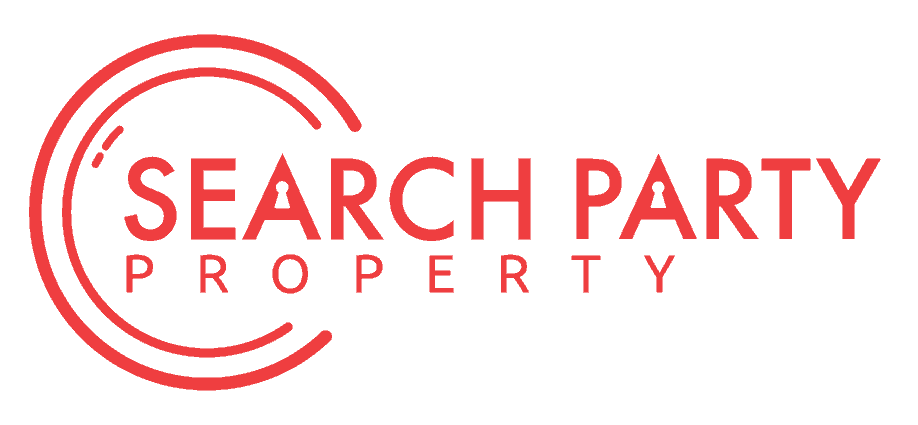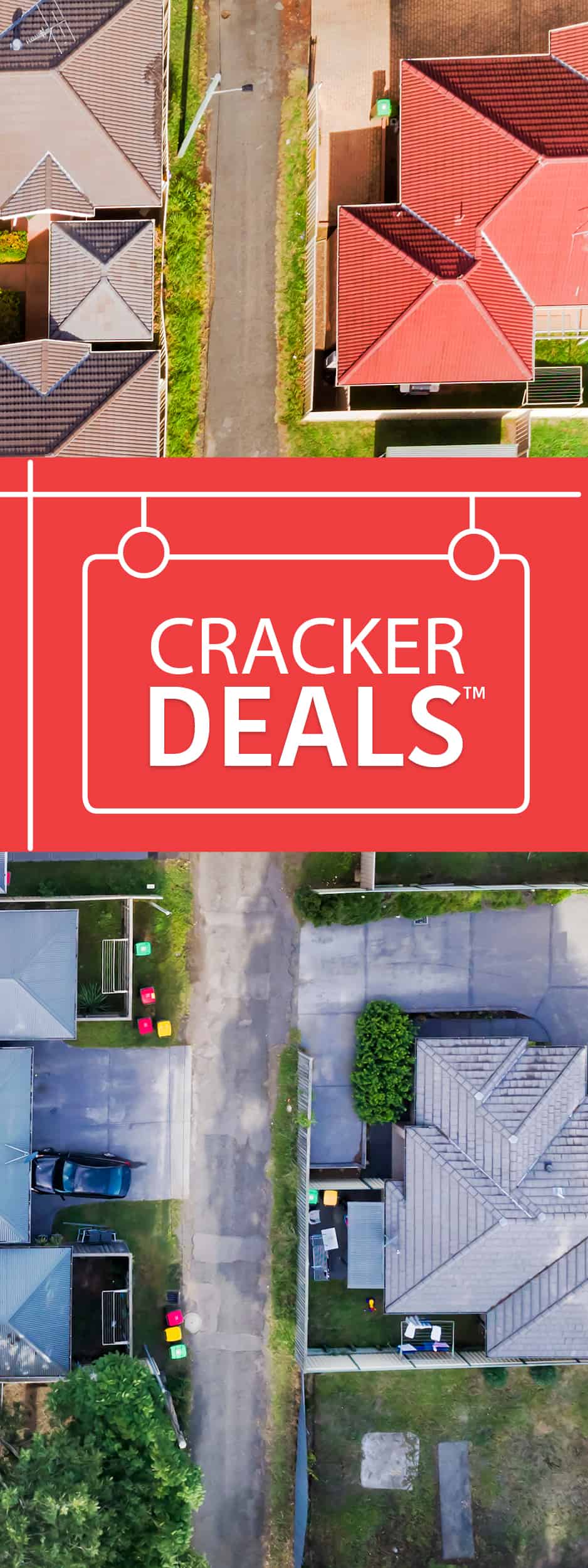- The first step is making the call.
- 1300 022 482
- hello@searchpartyproperty.com.au
How to Use SMSF for Property Investment

For most people, their ability to retire will be largely dictated by how much super they have. But, as the cost of living is constantly rising, so is the amount you need for a comfortable retirement. Acknowledging this, many people are choosing to manage their super themselves, in the hope of maximising their returns.
While Self-Managed Super Funds (SMSFs) are not new, they continue to increase in popularity, particularly with women and younger professionals. This is mostly due to the growing understanding of how they work and their potential benefits.
In particular, people are increasingly seeing SMSFs as a good way to get into property investment. They believe the strength of the Australian property market makes it a great way to grow their retirement nest egg. Many also feel that investing in a physical asset (like property) provides more security than other, less tangible options (like shares).
But how does investing in property through a Self-Managed Super Fund actually work?
The rules of property investing through an SMSF
On the most practical level, the process of buying an investment property through your SMSF is fairly straightforward. Once you have established your SMSF, you can find a property and use your super balance to fund the purchase. Any income produced is then returned to the fund, which also pays all associated expenses. Seems simple enough, right?
While the investment process is easy enough, the rules governing property investment through an SMSF are a little more complicated. Specifically, you will need to make sure that:
- The property is being bought for the “sole purpose” of providing retirement benefits: This means that the main benefit you get from the property is the growth of your super fund’s value.
- The property has not been bought from a family member: Investment properties cannot be bought from any relative of any member of the SMSF. You also cannot transfer any investment properties you already own outside of your SMSF, into your SMSF.
- You do not live in the property:Investment properties must be rented out. They cannot be used as a residence by any member of the fund, or their relatives.
- You do not rent the property yourself: Investment properties must be rented to a thirdparty that is unrelated to all fund members.
As you can see, these rules are stricter than for investment properties bought outside of an SMSF. That being said, they are not exactly prohibitive and should not stop any serious investor. They also still allow plenty of opportunities for a smart investor to build wealth and generate healthy returns.
Residential v Commercial properties
It is worth noting that, when investing through an SMSF, the rules for residential and commercial properties are slightly different. Specifically, when investing with your super, you are allowed to buy commercial properties off a fund member. This means that, if you have an existing commercial investment property, you can “sell” it to your SMSF for a reasonable market rate.
Commercial properties owned through SMSFs are also able to be leased to businesses related to the fund members. This means that your SMSF can buy a commercial property that you then operate your business from. However, your business will need to regularly pay your SMSF rent at a reasonable market rate.
An important caveat here, though – commercial properties still need to meet the “sole purpose” test. This means that any commercial property your SMSF buys must be primarily to generate wealth to fund your future retirement. So, the numbers need to stack up from an investment perspective before you can consider your business’s requirements.
Taking out a mortgage through an SMSF
While many choose to buy properties outright when investing through an SMSF, you don’t have to. Just like when you invest outside of an SMSF, you can seek finance to help you afford a property. However, such loans can be harder to find and tend to have stricter rules.
For example, loans taken out by an SMSF will usually:
- Be “limited recourse” loans: This means that the SMSF cannot sell other assets to help repay the loan. As such, if the fund defaults on payments, it may be forced to sell the property to cover the debt.
- Have a lower Loan-to-Value ratio: Because of the greater risk associated with an SMSF limited recourse loan, most lenders will expect a larger deposit. Generally, this means they will only fund a maximum of 70% of the purchase price. They also will not allow mortgage insurance to be taken out to lower the amount of the deposit required.
- Have a higher interest rate and fees: Again, because of the financial risk, the loans available to SMSFs tend to be more expensive. This will need to be taken into account when doing the numbers on any potential investment.
- Not cover renovations: While you may be able to renovatethe property, improvements must be paid for by the fund. Some lenders also limit the type of works that can be undertaken.
- Be paid for by the fund: If the property is negatively geared, the fund will need to cover the extra amount required to meet the repayments. As such, most lenders will require a minimum level of liquidity and cash flow.
Many lenders do not offer limited recourse loans, so a specialist lender may be required. As such, when buying an investment property through an SMSF, working with a good mortgage broker can be invaluable.
Managing tax requirements for an SMSF investment property
As they are designed to help you save for your retirement, SMSFs pay less tax on the income they produce. This includes the income produced by any investment properties they own, which is taxed at a rate of 15%. Also, if the property is sold after at least 12 months, capital gains tax will be reduced to 10%.
What’s more, any mortgage payments associated with the property are tax deductible for the fund. If the property is negatively geared, these deductions can also be carried forward to help offset future tax requirements.However, it is important to note here that SMSF tax deductions cannot be used to offset your personal tax liability.
Then, once you retire and start drawing down from the fund, all income becomes tax free. This means that you will not have to pay tax on any rent you receive from properties owned by your SMSF. Nor will you be taxed on any capital gains coming from the sale of a property owned by the fund.
Want more information?
As the above shows, there are a number of considerations when buying an investment property through an SMSF. As such, if you are considering going down this path, it is best to speak to your financial adviser first. They will be able to confirm whether this is a suitable option and guide you through the process.
Then, once you are ready to start investing, give Search Party Property a call. Our experienced team can work with you to tailor your property investment strategyto your goals and financial situation. We can also help you find the perfect property to kick start your investing journey.




